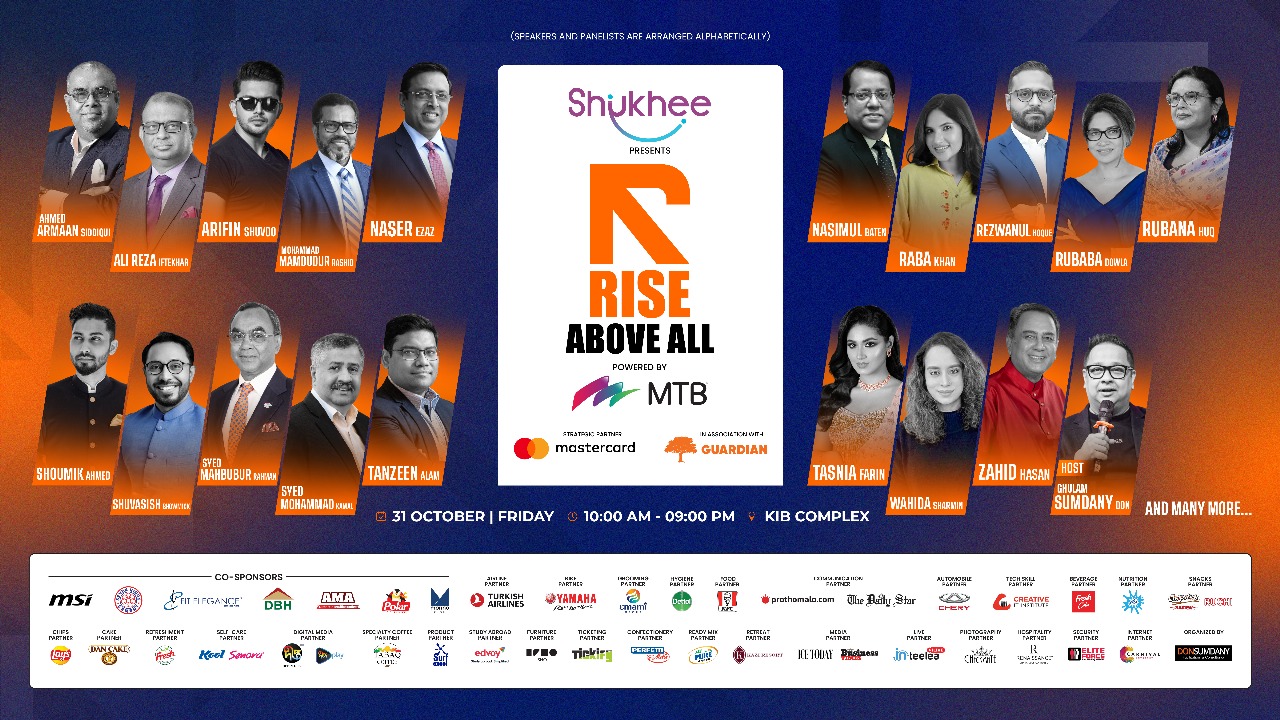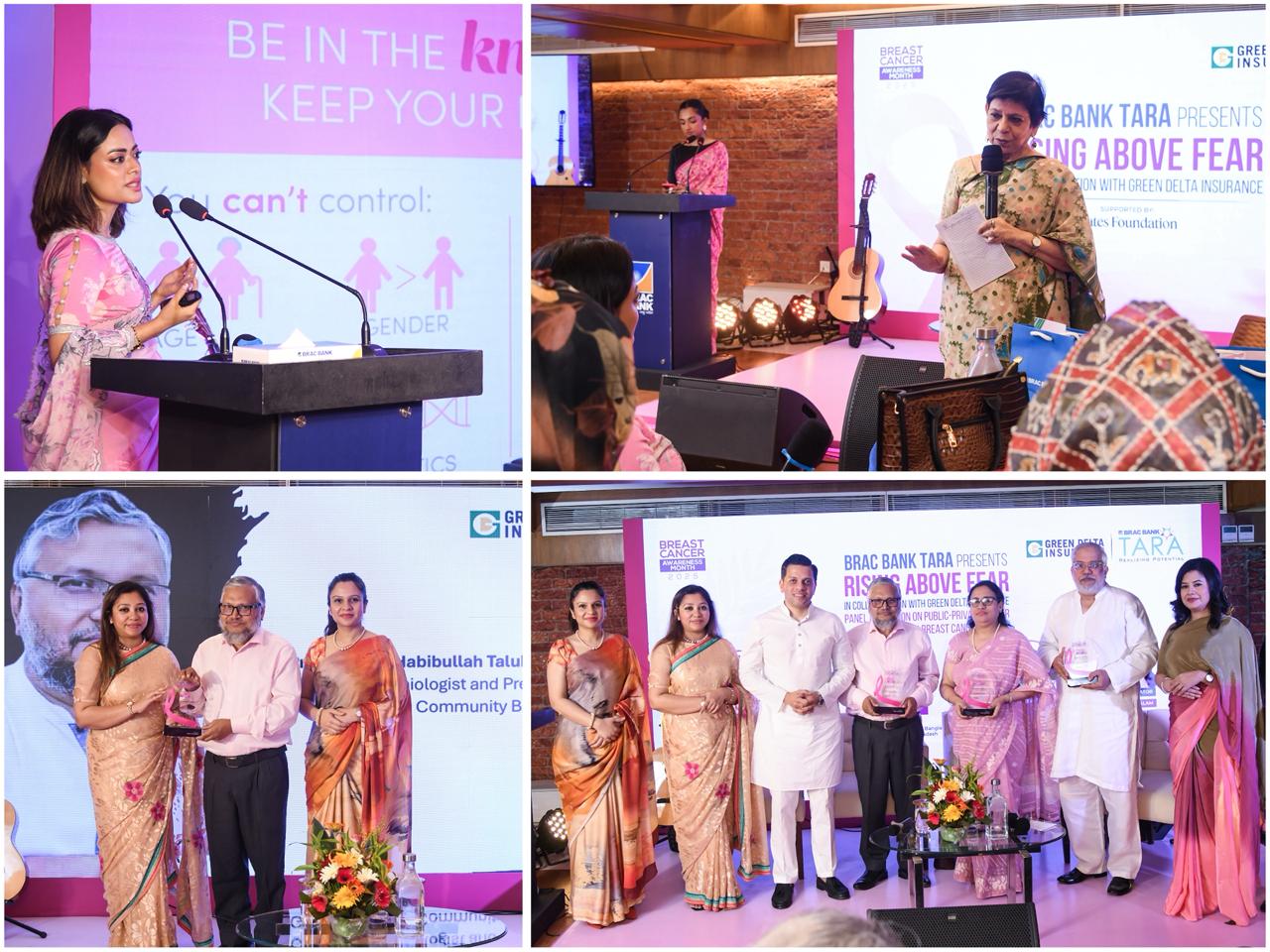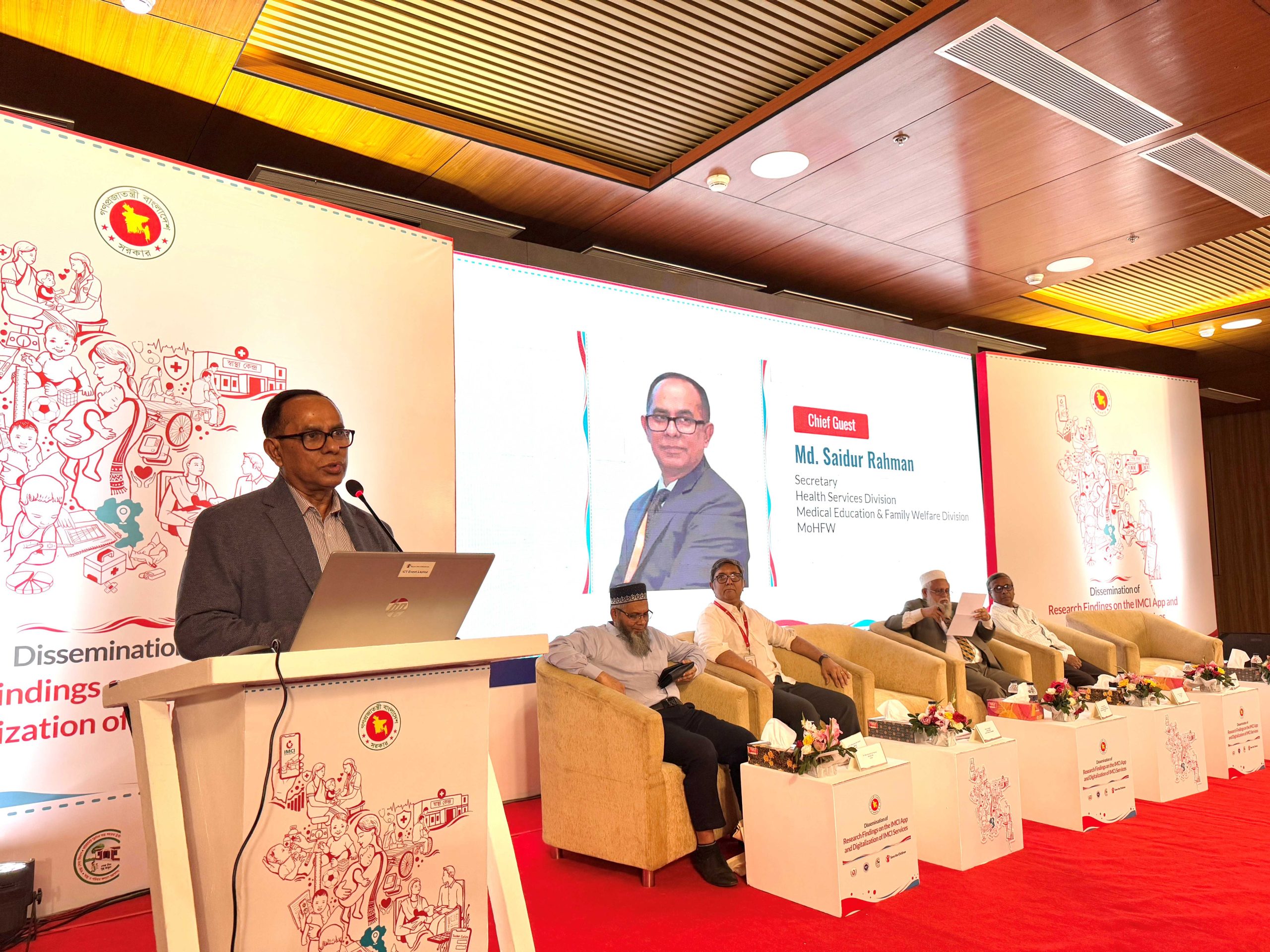GSR Dhaka conference annotates on shareholders’ value and social responsibility
By Ahmed Noushad
Businesses have hardly any scope for focussing only on its own set priorities at the age of globalisation. Corporate social responsibility (CSR), the catchword of recent business pursuits, is set to embrace wider meanings and application. As businesses grow and go international, their responsibility alongside opportunities and challenges increases. So, Global Social Responsibility is the term that Bangladeshi businesses need to work on, in the days to come.
Bangladesh has experienced economic progress with a growth of approximately 6% or so, thanks to the rise in investments in various industrial sectors and relatively low labour cost for industrial activities. Textiles, agro-businesses, construction, and service sectors are amongst the few that were impacted by the development. But there are other challenges that need addressing, like energy shortage, water contamination. waste and social protection issues. These factors could possibly undermine the growth and even cause social and environmental harms.
In order to respond to these challenges, Bangladesh German Chamber of Commerce and Industry (BGCCI), in collaboration with others, organised the 3rd Global Social Responsibility Conference in Dhaka on December 11. It aimed at fostering a better understanding of social responsibility among the participants. The conference highlighted the benefits of addressing environmental and social impacts with innovative and responsible solutions.
Bangladesh’s leather industry and readymade garment sector were the main subjects of discussion.
The country’s leather industry is projected to export $5 billion worth of finished leather goods in a span of four years; this is subject to diversification of products and value addition. It recorded an export worth $1.3 billion in the fiscal year 2013-2014 with a set target of $1.5 billion in the year 2014-15. Once these improvements and the mindset to revolutionise the industry is incorporated, an estimate of 200,000 jobs is expected to be available.
The projection of $5 billion is based on the assumption that China’s Cost of Doing Business rose. Bangladesh’s leather industry has the potential to meet certain portion of the global demand, owing to its vast source of raw-hides, competitive cost base, massive workforce, duty-free access, growing middle class, and most importantly the shift of businesses from China to Bangladesh.
Despite the potentials, there are environmental and social issues that need attention. Processing of leather requires immense water and use of toxic chemicals, which are and unfortunately has to be dumped at rivers and other water bodies due to lack of proper waste disposal systems. Adequate training of workers handling these chemicals is also at disarray. Besides these, current tax policies and regulations regarding import of raw-materials essential for processing leather are devolving for the industry.
Concerning the RMG sector, an earlier target of $50 billion worth of RMG export is not impossible, also thanks to the shift in some business from China to Bangladesh. However, the challenges of this industry still needs addressing, and with effective measures. Recent tragedies in the sector have made it a lot harder to do business, and compliance issues are weighing hard. Even then, this sector has been growing, slowly though. The compliance issues and a dream of making the RMG a $50 billion industry by 2021 was a key recommendation. Besides workers’ general safety issues and retirement plans for the workers at RMG related industries were also put to attention.
In organising the conference, BGCCI was joined by Deutsche Gesellschaft für Internationale Zusammenarbeit (GIZ) GmbH, which works on behalf of the German Federal Ministry for Economic Cooperation and Development (BMZ), the Embassy of the Kingdom of the Netherlands, the German Embassy and TUV Rhineland.















